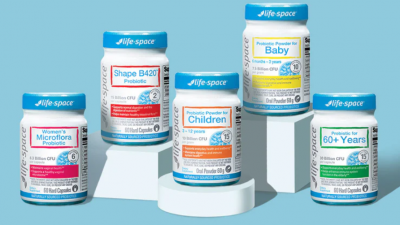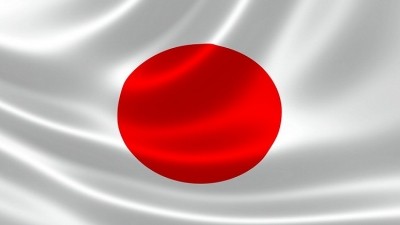Flavanol-rich cacao extract found to improve mood states in middle-aged women – Meiji-funded RCT

Significant results were noted for reduced values on the indices of negative mood (p < 0.05) and increased values on indices of positive mood (p < 0.05) after eight weeks of intake of a beverage containing cacao flavanols.
Indices of negative mood include Depression-Dejection, Fatigue-Inertia, Tension-Anxiety, and Anger-Hostility consolidated into total mood disturbance, while indices of positive mood include vigour activity.
However, no significant differences were noted in the participants’ autonomic nervous system activity, although the cacao group did show a trend towards lower values compared to the placebo group.
Cacao flavanols were generally well-tolerated among participants, as there was no significant difference noted in the occurrence of adverse events between the cacao and the placebo groups.
Study design
The results were based on a randomized, double-blind, placebo-controlled trial, involving 60 Japanese healthy women aged 40 to 60 years, conducted from 19 March 2021 to 19 August 2021.
Funded by Meiji Co., Ltd, the researchers wanted to evaluate the effects of flavanol-rich cacao extract on fatigue and mood in healthy middle-aged Japanese women.
All participants were randomised into either the cacao group (n = 30) or placebo group (n = 30). They were directed to consumer 200 mL of either the cacao beverage or placebo beverage daily for eight weeks.
Both test beverages were prepared by the R&D division at Meiji Co., Ltd. in Japan, indistinguishable in taste and appearance. The cacao-flavanol content of the placebo beverage was <0 mg/200 mL, and that of the cacao beverage was 240 mg/200 mL.
Participants would undergo three tests at week 0, 4 and 8. Their feelings of fatigue, mood states and autonomic nervous system activity were evaluated through questionnaire and body measurements, including body composition, blood pressure, and serum oxidative stress biomarkers.
Mechanism at work
The researchers proposed that antioxidant effects of the flavanol-rich cacao extract may be responsible for the improved mood states among middle-aged women.
“During reproductive aging, oxidative stress in the form of free radicals and antioxidant deficiencies has been directly linked to the decline of estrogen.
“The depressive symptom score has shown to be independently associated with a high 8-hydroxydeoxyguanisine level in middle-aged women, suggesting a link between mood disorder and oxidative stress.
“Flavonoids have also been reported to protect cells such as neurons from oxidative stress. The underlying mechanisms require further investigation,” the paper reported.
Whether it is cocoa-rich, dark chocolate, or cocoa flavanols (not chocolate), past and present research elicited that the consumption of the aforementioned led to improved Quality of Life (QoL) and vigour scores that are synonymous.
The lack of significant difference in the autonomous nervous activity could be explained by the greater effectiveness of dark chocolate, compared to cacao flavanols, in regulating both parasympathetic modulation and heart rate variability, found in Duarte, et al.
The study is limited by the lack of investigation into the antioxidant effects supposedly responsible for the improved mood states, lack of information on daily energy and nutrient intake influencing the study findings, and limitation of the findings to Japanese women.
“Compared to the intake of a placebo beverage, the consumption of a beverage containing flavanol-rich cacao extract significantly improved the participants’ negative mood and promoted positive mood, suggesting that cacao flavanols may be a useful food material that can improve middle-aged women’s mood condition and support their active lives,” the researchers concluded.
Source: nutrients
“Effect of Flavanol-Rich Cacao Extract on the Profile of Mood State in Healthy Middle-Aged Japanese Women: A Randomized, Double-Blind, Placebo-Controlled Pilot Study”
Authors: Murakami, R., et al.


















